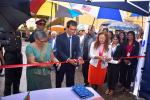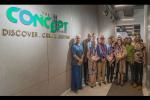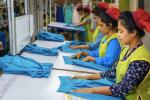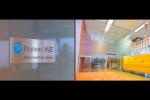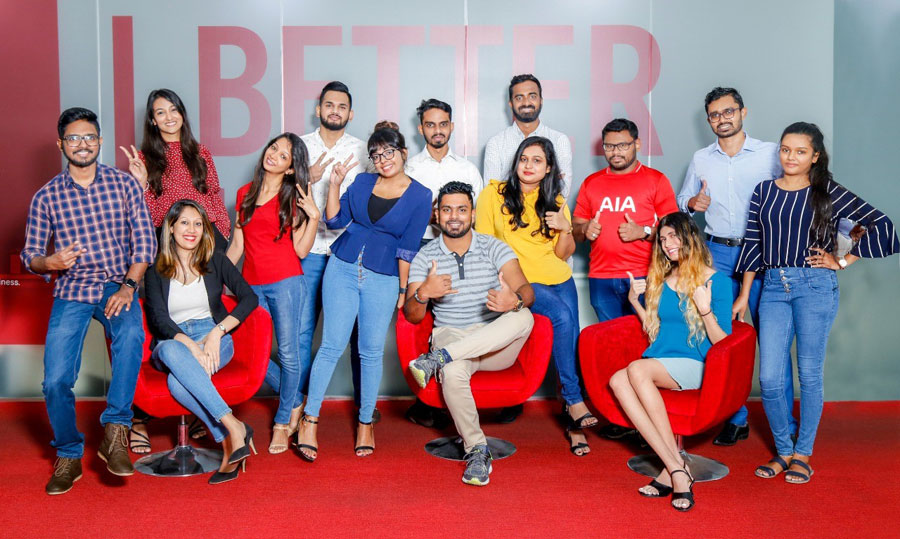This first-time award for AIA Sri Lanka, is a true testament of the company’s diversity and progressive culture.
As CEO Nikhil Advani pointed out, “Millennials make up a huge percentage of our employee base.
They are a purpose led generation and are more motivated to work with employers that makes a positive impact on society.
This resonates with AIA’s overall purpose of helping people live healthier, longer, better lives be it with our customers, employees or the communities in which we serve.
Based on the feedback we get from our millennials, they require us to engage with them in a different manner when compared to people in my generation.
This award clearly demonstrates that our approach is working and the young, dynamic millennials who work for AIA Sri Lanka thrive here.”
AIA’s Director HR Thushari Perera acknowledged that “AIA recognizes that millennials are goal oriented with an entrepreneurial mindset and so we offer rewarding career experiences while focusing on their development and enriching their skills to be future leaders.”
She added, “At AIA, we have a culture which is flexible and less formal and this appeals to the millennials.
We further empower people with their job roles and promote leadership at all levels, ensuring that everyone has the opportunity to be the best of themselves regardless of their age or tenure in the company.”
She further commented, “AIA’s digital transformation journey is constantly evolving with special attention to technology, data and analytics- which keeps things up to date and top of the game, making it attractive to the millennial generation.”
This ‘Best Workplace for Millennial Awards” follows hot on the heels of AIA Sri Lanka being recognised in the Best Workplaces™️ in Asia list - Large Category, awarded by Great Place to Work® in addition to being recognised as a Best Workplace by Great Place to Work® in Sri Lanka for the ninth consecutive year.
These accolades are an immense honour for the company, especially considering that they were achieved amidst the challenges posed by the COVID-19 pandemic.



